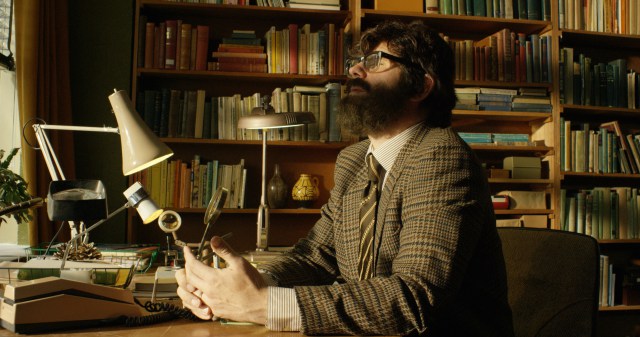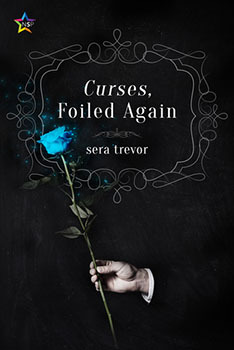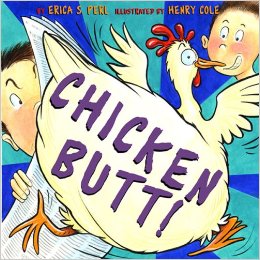
A new perspective: Arte France/Creative England
If you are able, stop what you are doing right now and go watch NOTES ON BLINDNESS. It is a sublime, painfully moving, almost religious experience. While it draws influence from many a source, you’ve never seen a documentary quite like this before.
In 1983, theologian John Hull went blind. Surgeries to halt or reverse his visual deterioration had all failed and before long he was faced with carrying on his professional and family life without the luxury of sight. This is the story of how Hull came to accept and utilise his blindness to feed his academic studies over a long and productive career.
For an impaired academic, one question was forefront on John Hull’s probing mind, the answer far from promising: “How do blind people read big books? They don’t.” Despite this crushing setback, he eventually manages to adopt a very pragmatic view on the way he must now live his life, pledging that “I was seeking to understand blindness or else it would defeat me”. Who, especially someone who took referencing academic writing, the very act of reading, for granted, would want to rely on volunteers painstakingly audio recording your reference materials? As humiliating as this might have been, the influx of audio cassettes eventually allowed for Hull to contribute meaningfully to the worpd’s understanding and acceptance of blindness, building on existing research and using his own experiences to guide and help the world think about life and human perception very differently.
Appropriately enough, it’s a primarily audio-reliant tale, though extended periods of blackness and deteriorating photographs are used to great affect. One moment like a surreal lucid dream (the scene where he imagines regaining his sight while walking around the house) the next like a waking nightmare (Christmas morning unable to really share in the joy of his children’s present unwrapping) the documentary keeps you beside Hull in a strange limbo. It works in ways as a horror film in addition to a biography, with Hull not only losing his sight but gradually his memories of images as well. His most vivid recollections of family, friends, places and experiences fade, try as he might to keep hold of them.
Hull’s journey is arresting and wonderful, but rarely the easiest of life stories to watch or hear him recount. Notes on Blindness expands the documentary short of the same name by co-directors Peter Middleton and James Spinney and again lets Hull tell his own story. Dan Skinner’s physical performance as Hull is mature and understated, a sign that there is much more in the usually comic actor’s arsenal than Angelos Epithemiou. The power of Hull’s story, the pain barely kept below the surface, washes over you and unfiltered reminiscences and philosophical musings works in tandem with a natural portrayal from Skinner.
Though very much its own thing, Notes on Blindness reminded me of a few other recent documentaries. It’s similar to THE ARBOUR in its construction, with the pre-recorded subject’s words lip-synced by actors. The close proximity to a brilliant subject in pain is very like following Roger Ebert’s struggle with an increasingly ravaged body in LIFE ITSELF. Like MY BEAUTIFUL BROKEN BRAIN it capitalises on the unique advantages of the medium of film to tell a difficult story of re-learning, often incorporating experimental or arthouse stylings.
Few films, factual, fictional or somewhere in-between contain such levels of raw emotion and such a unique vantage point on living life to the full no matter what befalls you. It’s not easy journey for many, and it’s far tougher for some, but there’s always hope. SSP
Share this:





